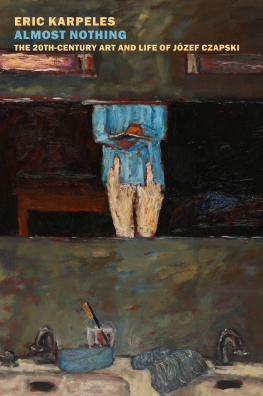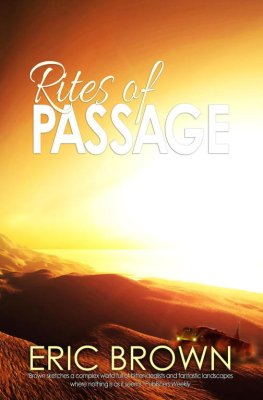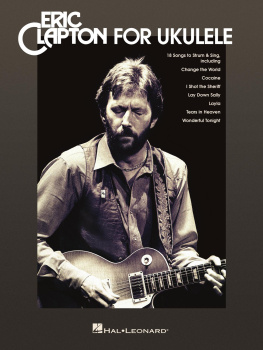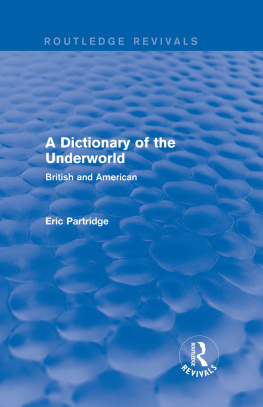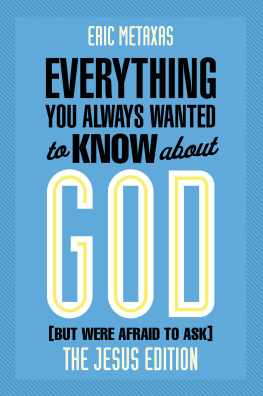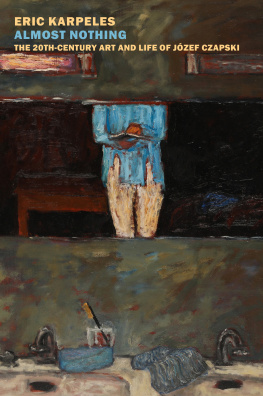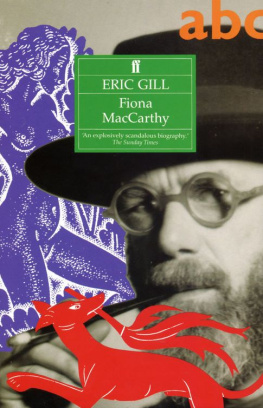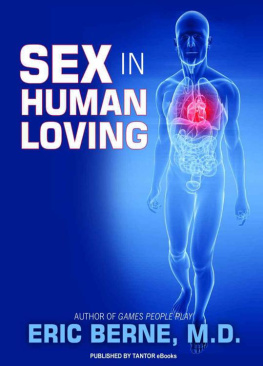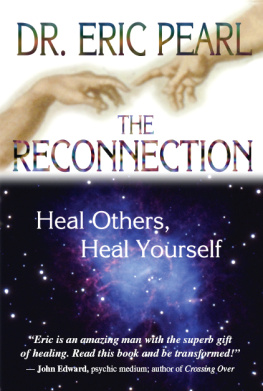Eric Karpeles - Almost Nothing
Here you can read online Eric Karpeles - Almost Nothing full text of the book (entire story) in english for free. Download pdf and epub, get meaning, cover and reviews about this ebook. year: 2018, publisher: New York Review Books, genre: Non-fiction. Description of the work, (preface) as well as reviews are available. Best literature library LitArk.com created for fans of good reading and offers a wide selection of genres:
Romance novel
Science fiction
Adventure
Detective
Science
History
Home and family
Prose
Art
Politics
Computer
Non-fiction
Religion
Business
Children
Humor
Choose a favorite category and find really read worthwhile books. Enjoy immersion in the world of imagination, feel the emotions of the characters or learn something new for yourself, make an fascinating discovery.
- Book:Almost Nothing
- Author:
- Publisher:New York Review Books
- Genre:
- Year:2018
- Rating:5 / 5
- Favourites:Add to favourites
- Your mark:
- 100
- 1
- 2
- 3
- 4
- 5
Almost Nothing: summary, description and annotation
We offer to read an annotation, description, summary or preface (depends on what the author of the book "Almost Nothing" wrote himself). If you haven't found the necessary information about the book — write in the comments, we will try to find it.
Almost Nothing — read online for free the complete book (whole text) full work
Below is the text of the book, divided by pages. System saving the place of the last page read, allows you to conveniently read the book "Almost Nothing" online for free, without having to search again every time where you left off. Put a bookmark, and you can go to the page where you finished reading at any time.
Font size:
Interval:
Bookmark:

Almost Nothing
The 20th-Century Art and Life of Jzef Czapski
ERIC KARPELES
 New York Review Books New York
New York Review Books New York
This is a New York Review Book
published by The New York Review of Books
435 Hudson Street, New York, NY 10014
www.nyrb.com
www.nyrb.com
Cover art: Jzef Czapski, Neon and Sink (detail), 1959; Jzef Czapski, courtesy Richard and Barbara Aeschlimann, Chexbres.
Cover design: Katy Homans
LIBRARY OF CONGRESS CATALOGING-IN-PUBLICATION DATA
Names: Karpeles, Eric, author.
Title: Almost nothing: the 20th century art and life of Jzef Czapski / Eric Karpeles.
Description: New York : New York Review Books, 2018.
Identifiers: LCCN 2018024071 (print) | LCCN 2018026405 (ebook) | ISBN 9781681372853 (epub) | ISBN 9781681372846 (paperback)
Subjects: LCSH: Czapski, Jzef, 18961993. | PaintersPolandBiography. | Authors, Polish20th centuryBiography. | BISAC: BIOGRAPHY & AUTOBIOGRAPHY / Artists, Architects, Photographers. | ART / European.
Classification: LCC ND955.P63 (ebook) | LCC ND955.P63 C9235 2018 (print) | DDC 759.38 [B]dc23
LC record available at https://lccn.loc.gov/2018024071
ISBN 978-1-68137-285-3
v1.0
For a complete list of titles, visit www.nyrb.com or write to:
Catalog Requests, NYRB, 435 Hudson Street, New York, NY 10014
For Michael Sell
They who one another keepe
Alive, ner parted bee.
J OHN D ONNE , Song
Si fractus illabatur orbis
impavidum ferient ruinae.
If the world should shatter and fall on him,
he would stand fearless amid the ruins.
H ORACE , Odes, iii. 3

Underpainting
M Y FIRST EXPOSURE to the life and work of Jzef Czapski came about altogether unexpectedly. One June day I had never heard of him, the next day I was hooked.
Through the generous impulse of an old friend who likes to feed my appetite for critical thinking, I received in the mail one morning, from Paris, a slim French volume on the subject of Marcel Proust. The authors name, Jzef Czapski, was not familiar to me. What happened after I opened the package I hardly remember. Like a creature burrowing in its natural habitat, I sank into a chair and started to read right away. I do recall trying to force myself to stop at a certain point, thinking I might sustain the pleasure of reading over the course of a few days rather than exhaust it all in one sitting, but instead I carried on, smiling and nodding, in a state of contentment. Taking in the last words of the final paragraph, I looked up reluctantly, as after the curtain falls on an engrossing performance one hoped would never end. I returned to the room I had not left only to discover a luminous day had long since faded to dusk. The twilight suspended me in its threshold between day and night, much as my consciousness was suspended between Czapskis world and my own.
I was grateful for the books serendipitous appearance in my life. Attuned to the sublimity of first readings, which can happen only once, I couldnt shake the feeling that the book having turned up was not an accident, and that it had arrived carrying some kind of challenge, not from my friend who sent the book but rather, strangely, from the author, a painter like me. I felt this challenge on a visceral level, and it unsettled me. In an essay dedicated to Czapski, the Polish poet Zbigniew Herbert describes an encounter with an enigmatic work of art, capturing perfectly my own frame of mind:
encounter.... How to describe this inner state? A suddenly awakened intense curiosity, sharp concentration with the senses alarmed, hope for an adventure and consent to be dazzled. I experienced an almost physical sensation as if someone called me, summoned me.
The following day I thought repeatedly, almost continually, of what Czapski had said about Proust and of how he said it. His tone throughout the book is casual, engaging, almost conversational, with no trace of the specialists dry condescension. Proceeding from a position of rapt wonder rather than analytical distance, he speaks not only of la recherche du temps perdu (Remembrance of Things Past) but of his experience reading it. Initially Czapski had not been impressed; after slogging through a description of a society party that went on for several hundred pages, he decided not to continue reading. He was inclined to agree with the caustic assessment of Anatole France: Life is too short and Proust too long.
with the French language to savor the essence of this book, to appreciate its rare form. I was more used to books where something actually happens, where the action develops more nimbly and is told in a rather more up-to-date style. I didnt have sufficient literary culture to deal with these volumes, so mannered and exuberant....
Czapskis confession of not having sufficient literary culture to encounter Proust endeared him to me. Having been forced to confront a similar sense of deficiency in myself while engaged in writing a book about Prousts use of paintings in his novel, I found fellowship in Czapskis admission. My excited response to the slender book in my hands was also generated by the knowledge that Czapski never sat down to write a text in any conventional fashion, as I had done. In his introduction, he explains that his book merely represents the transcription of a series of lectures on Proust he had given while being held as an enemy officer during the Second World War, hidden away in a prison camp deep in the malevolent heart of the Soviet Union. He had been struck by the idea that Prousts vision of time regained could be offered as a lifeline to his fellow officers, as a beacon of hope for those beleaguered men huddled together in the unrelenting cold, exhausted from overwork, depleted by malnutrition. With no copy of the novel available to him for reference, he had no choice but to reconstitute passages of the text from memory. In doing so, his very process became a realization, an embodiment of the Proustian endeavor.
why the importance and the creativity of Prousts involuntary memory is so often emphasized. I observed how distancedistance from books, newspapers, and millions of intellectual impressions of normal lifestimulates that memory. Far away from anything that could recall Prousts world, my memories of him, at the beginning so tenuous, started growing stronger and then suddenly, with even more power and clarity, completely independent of my will.
Who was this man, at once so vulnerable and so self-assured, a painter in civilian life, attempting to transcend the oppressive constraints of a degrading Soviet prison by speaking to a gathering of his Polish peersin Frenchabout Proust?
A few days later I picked up Czapskis book and read it again. Proceeding more slowly and mindfully this time, I discovered new resonances and a powerful subtext that had eluded me on the first encounter. I became preoccupied with it, distracted and slightly agitated. In such circumstances my default response is to walk. I set off for a favorite trailhead and began to wind my way on a dirt path along a trickling creek, clambering up the side of a steep ridge under cover of Northern California redwood, oak, and laurel, familiar with each rise and fall along the rocky way. After half an hour of steady climbing, I paused on a wooden bridge traversing a ravine as the trail shifts from one slope to the other. The air was fragrant and sweet, birds were chirping. I could hear the murmur of water coursing over rocks below. I looked out at a cluster of gnarled pines I often admire from this vantage point, always slightly reconfigured in appearance depending on the time of day and the ever-shifting dappled light. Several long branches arched and bent outward, their rough but graceful forms often reminding me of studies Paul Czanne made of the woods above Chteau Noir, a property just outside of Aix-en-Provence where he loved to paint. I became aware suddenly of a literary association attempting to assert itself in that part of my brain where word and image vie for primacy. I looked down at the fingers of my right hand on the lichen-covered railing of the bridge, then back up at the undulating tree limbs. Unbeckoned, a passage emerged from the second volume of Prousts novel, a scene where the young protagonist, traveling in a horse and carriage along the edge of a wood, spots a stand of trees as he goes by. Three of the trees invade his consciousness:
Font size:
Interval:
Bookmark:
Similar books «Almost Nothing»
Look at similar books to Almost Nothing. We have selected literature similar in name and meaning in the hope of providing readers with more options to find new, interesting, not yet read works.
Discussion, reviews of the book Almost Nothing and just readers' own opinions. Leave your comments, write what you think about the work, its meaning or the main characters. Specify what exactly you liked and what you didn't like, and why you think so.

